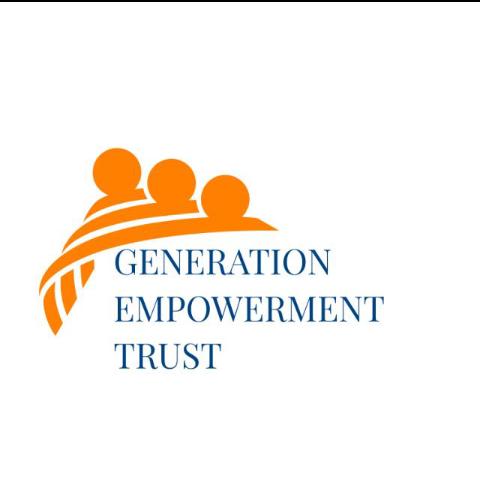By Rutendo Nyeve
With the world population projected to increase by 2 billion people in the next 30 years, the discourse surrounding the involvement and emancipation of youth in driving different facets of life has to be taken into serious consideration.
The 12th of August is one of the important days among the youth as the world celebrates International Youth Day.
This year’s theme, “Transforming Food Systems: Youth Innovation for Human and Planetary Health” has seen calls for meaningful participation of young people being amplified.
The youth make up more than 60 percent of the world population and their role as a key base for socio-economic and political transformation must not be taken for granted.
This, therefore, means that the youth should ensure that planetary health, the well-being of both humans and that of the earth is a major priority especially with child mortality falling, life expectancy going up in some developed countries.
Thus, planetary health must be at the top of the youth agenda in the 21st century. As such relevant authorities must be cautious that it will not be achieved without the meaningful participation of young people.
The United Nations Framework Convention on Climate Change observes that: “Human health and the health of our planet are inextricably linked, and that our civilisation depends on human health, flourishing natural systems, and the wise stewardship of natural resources”.
However, it should be noted that beyond the exploitation of resources, there are other global issues that need young people’s meaningful participation in addressing them. These include but are not limited to poverty reduction, climate change mitigation amongst others.
For countries like Zimbabwe whose constitution according to section 20 talks about the need to mainstream young people into political, social and economic spheres of life, must expeditiously implement such provisions to ensure that the youth make a meaningful contribution to the country’s development.
This article was chosen as the winner of the Generation Empowerment Trust (GET) writing competition in celebration of International Youth Day.
About G.E.T

As G.E.T, we believe it is our social responsibility to empower, capacitate and engage young women, the youth and people living with disabilities (PLDs) in socio-economic sustainable livelihood development processes. Through our commitment and dedication on community development matters we believe that the inclusion of these vulnerable groups will help eradicate socio-economic underdevelopment We capacitate young women and the youth through cross pollination of ideas and life building skills so that into sustainable development is achieved.
The significance of this initiative in that it endeavors to raise awareness and lobbying and advocate for the achievement of sustainable development goals (SDGs).
Aim
Our Mission
To promote and capacitate young women and the youth’s sustainable socio-economic, political, cultural, and environmental enhancement through synergy effort, active participation and capacity building
Thematic Areas
•Poverty and Sustainable Livelihoods
•Leadership Development Programs
•Civic Education Human Rights, Governance and Democracy
•Environment and Climate Change
•Gender Mainstreaming
•Technological Innovation and Development
Core Values
•Social Justice and Equity. We will work with other NGOs to promote equality and dignity
•Gender and diversity
•Autonomy
•Accountability
•Collective action and solidarity
•Equity
